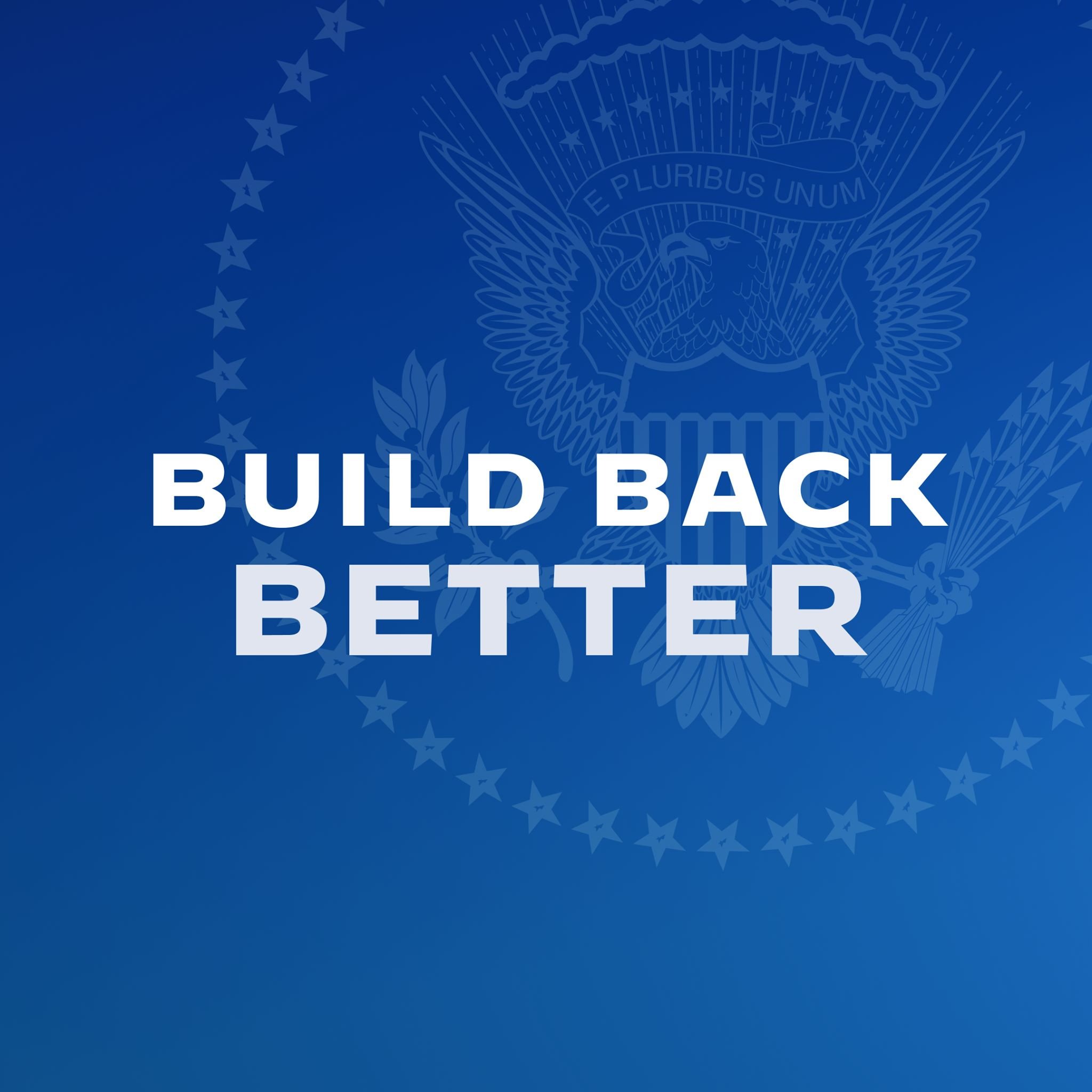The U.S. House of Representatives recently passed a $1.2 trillion infrastructure plan that now goes to President Biden to sign into law. The bill includes funding for roads, bridges, ports, rail transit, safe water, the power grid, and the expansion of broadband internet.
The bill includes $65 billion for broadband access with the goal of improving internet services for rural areas, low-income families, and tribal communities.
In addition to the infrastructure bill, the U.S. House worked on the Budget Reconciliation bill, more commonly referred to as the Build Back Better Act. The House is expected to take action in November. If/when the House approves the bill it would be sent to the Senate for a vote. Senate leadership has said they will likely make changes to the bill once it reaches their chamber to get the 50 votes required for passage.
Recently, President Biden released his framework for the bill, which includes the following higher education provisions:
Pell Grant Increase: A $550 increase in the maximum Pell Grant award for students at public and private non-profit colleges. This is in addition to a $400 increase passed as part of the budget. The new money may not be awarded to students at a private for-profit institution. This is a big step in combating the widespread fraud of that sector.
Financial Aid Policy Changes: The bill would eliminate the taxability of Pell Grants, extend financial aid to Dreamers, and increase Pell Grants for recipients of means-tested benefits.
Retention and Completion Grants: $500 million collectively for states, systems of higher education, or Tribal Colleges and Universities for retention and completion grants.
Institutional Aid to HBCUs/MSIs/TCUs: $6 billion to strengthen institutional capacity and provide financial aid for students attending Historically Black Colleges and Universities, Hispanic-Serving Institutions, Tribal Colleges and Universities, and minority-serving institutions.
Research Infrastructure: $3 billion for improving research and development infrastructure at Historically Black Colleges and Universities, Tribal Colleges and Universities, and Minority-Serving Institutions.
Teacher Preparation: Over $800 million in total investments in Grow Your Own, Teacher Residencies, School Principals, Hawkins, Individuals with Disabilities Act, and Native American language teacher development programs.
Workforce Development: The bill includes funding for several workforce development, training, and apprenticeship programs, with a 50 percent increase to the U.S. Department of Labor’s annual spending on workforce development for each of the next five years.
As was widely reported through the bill development process, a push by the Biden administration to offer free community college nationwide was rejected by a small group of Senators and was removed from the framework of the bill. We will continue to work with Senators Smith and Klobuchar to explain the importance and value of expanding the offering to any state college OR university.
We will send additional updates as the process moves forward.

